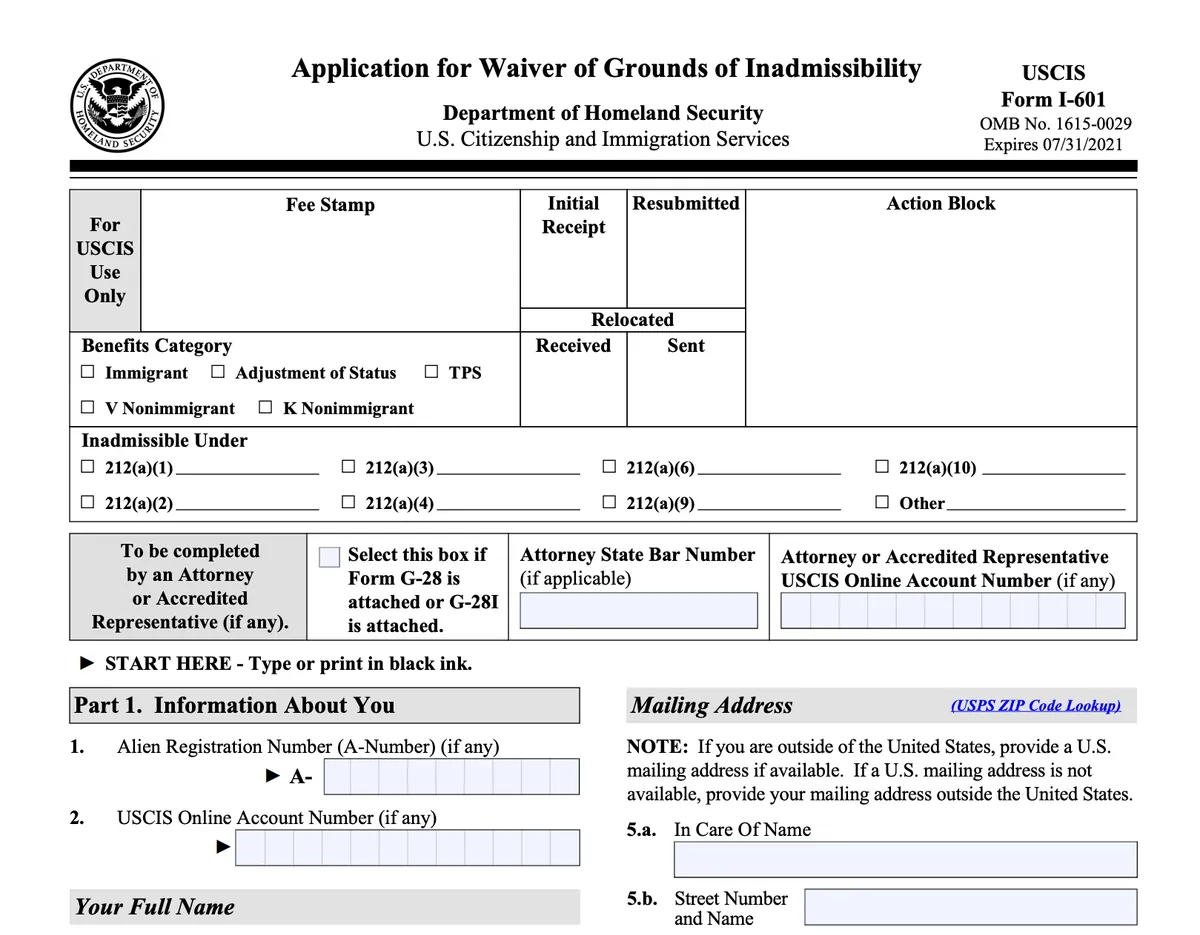New U.S. Immigration Program Offers Hope to Undocumented Spouses
A Biden administration initiative allows certain undocumented spouses of U.S. citizens to legalize their status without leaving the country. The program, launching August 19, 2024, offers protection from deportation and a path to citizenship.

A new immigration program introduced by the Biden administration is set to provide a lifeline for numerous undocumented spouses of U.S. citizens. Launching on August 19, 2024, this initiative allows eligible individuals to legalize their status without leaving the United States, offering protection from deportation and a potential path to citizenship.
The program, described as the most expansive U.S. protection for immigrants in over a decade, is estimated to benefit approximately 500,000 people, plus an additional 50,000 of their children. Eligible applicants must have resided continuously in the U.S. for at least 10 years, pose no security threat, have a clean criminal record, and have been married to a U.S. citizen by June 17, 2023.
Roberto Garcia, who crossed the Mexican border in 2009, exemplifies those who may benefit from this program. Married to an American citizen for eight years and father to three U.S.-born children, Garcia has been awaiting an appointment at the U.S. Consulate in Ciudad Juarez for seven years to legalize his status. The new program offers him hope of avoiding potential family separation.

Similarly, María Zambrano, who arrived from Colombia in 2001, sees the program as an opportunity to secure her future in the U.S. Having married a U.S. citizen seven years ago, she has been waiting for over two years for an interview at the U.S. Consulate in Colombia.
The program introduces the concept of "parole in place," allowing eligible individuals to apply for a green card and eventually citizenship. Applicants must pay a $580 fee and provide extensive documentation proving their long-term residence in the country.
While the program offers new hope, it also raises concerns. Immigration attorneys and activists note hesitancy among potential applicants, stemming from fears about the program's longevity and possible legal challenges. The upcoming presidential election adds another layer of uncertainty, with some advising caution in light of potential policy changes.
"There's definitely a lot of interest but also a lot of concerns."
This initiative marks a significant shift in U.S. immigration policy. Historically, the U.S. immigration system has undergone several major reforms, including the Immigration and Nationality Act of 1965, which abolished national-origin quotas, and the Immigration Reform and Control Act of 1986, which granted amnesty to about 3 million undocumented immigrants.
The program's launch comes at a time when the U.S. immigration court system faces a backlog of over 1 million cases. As the country with the largest immigrant population globally, boasting over 50 million foreign-born residents, the U.S. continues to grapple with complex immigration issues.
For individuals like Garcia and Zambrano, the program represents more than just legal status. It offers the possibility of reuniting with family members, obtaining driver's licenses, and fully participating in American society. As the program unfolds, its impact on the lives of undocumented spouses and the broader immigration landscape remains to be seen.


































